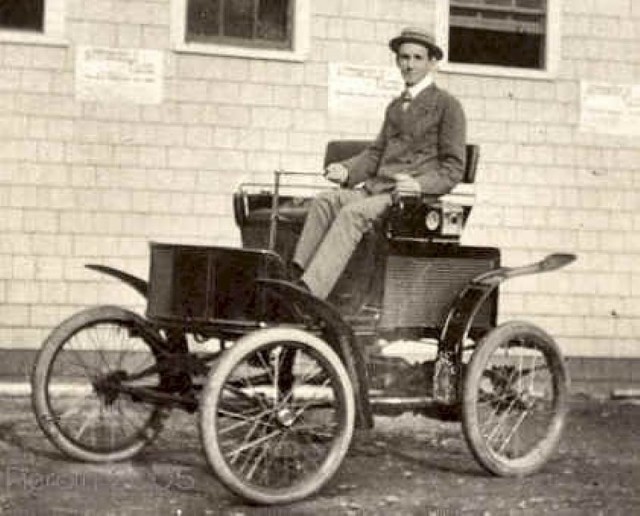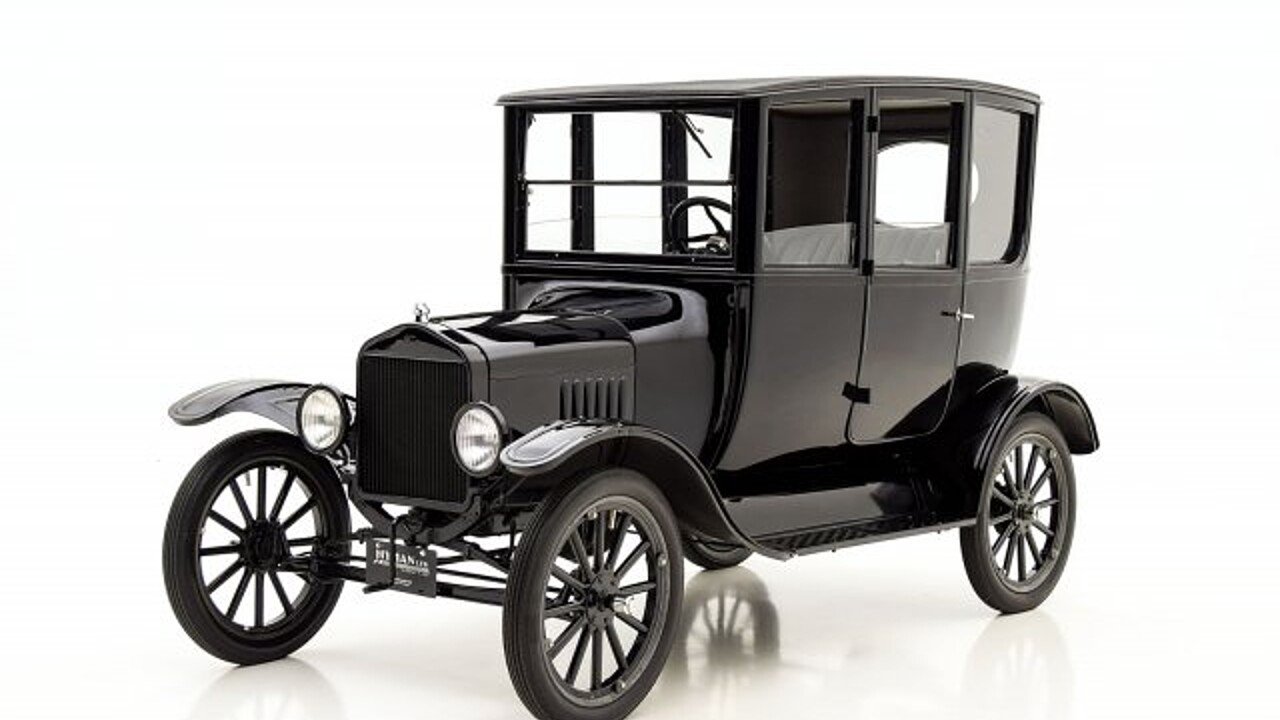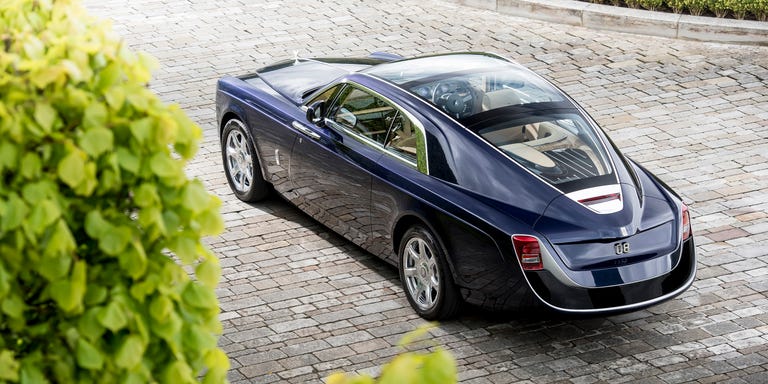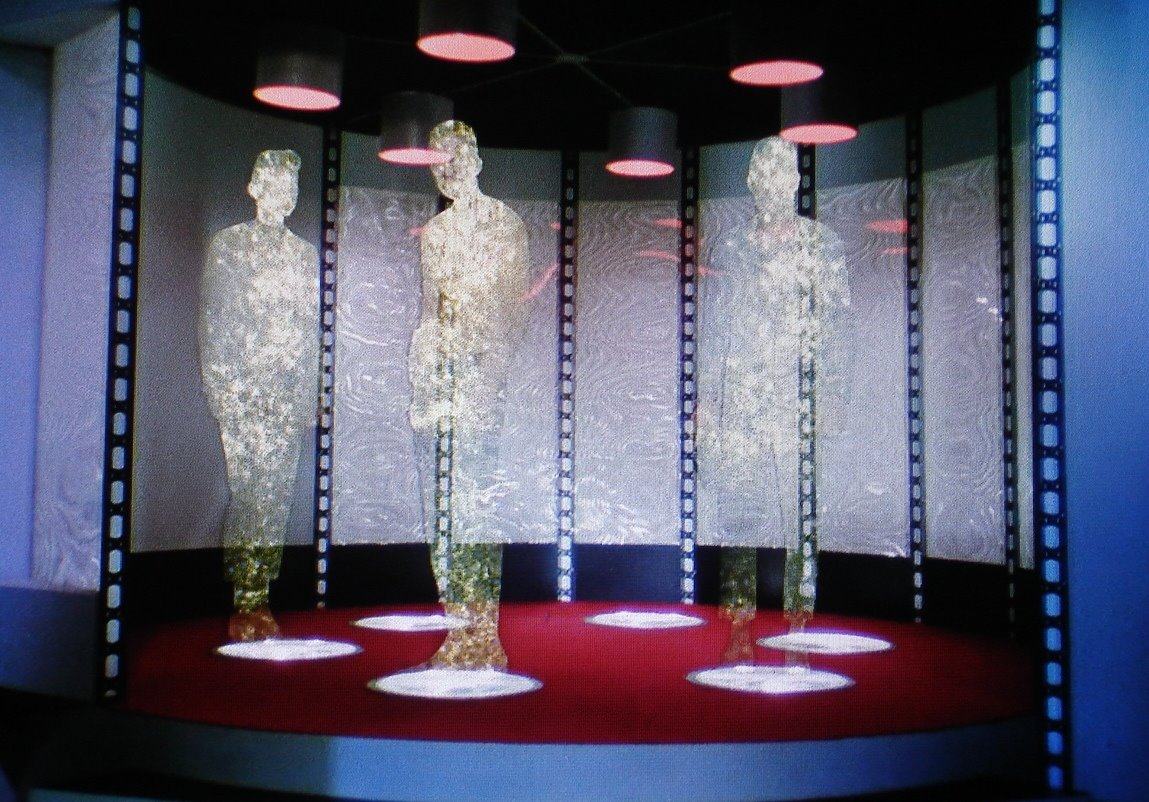
In 1890, wealthy American travelers used extravagant horse carriages to get around.
 When the first ‘horseless carriage’ appeared in the U.S. in 1893, most folks initially saw them as more of a fad than as a means of comfortable and reliable transportation.
When the first ‘horseless carriage’ appeared in the U.S. in 1893, most folks initially saw them as more of a fad than as a means of comfortable and reliable transportation.
That’s because these extremely basic machines were uncomfortably small, kinda ugly and very expensive. They were loud, stank of smoke and fuel and had unreliable parts and motors. In fact, if you didn’t know how to fix your own engine troubles you were better off with your horse.
 Henry Ford fixed all that in 1908 with his dependable and affordable Model T.
Henry Ford fixed all that in 1908 with his dependable and affordable Model T.
Wiki: Assembly-line production allowed the price of the Model T touring car version to be lowered from $850 in 1908 to less than $300 in 1925. At such prices the Model T at times comprised as much as 40 percent of all cars sold in the United States.
Automobile manufacturers have been making improvements to both the body and the engines of their vehicles ever since. 
Today, the most expensive car on the market is the Sweptail by Rolls Royce which can be purchase for the low low price of $13 million.
But here’s the funny part.
If you remove all the decadent interior and exterior details of the Sweptail and ignore all the modern engine specifics and materials, the overall invention it’s based on is exactly the same as the Model T.
Both are four-wheeled human-carrying boxes propelled by gas-fueled engines. 
For the last 130 years, all we’ve been doing is using fancier versions of the same horseless carriage to move our bodies around.
For some reason we’ve yet to evolve our transportation contraptions.
Why is it that after almost a century and a half we still haven’t come up with a better way to get our bodies from A to B? Are America’s best and brightest truly incapable of inventing an outside the box means of traveling? What in the world could be stunting the growth of our modern day travel evolution?
 One word: oil.
One word: oil.
Those with a stake in the oil industry make so much money buying and selling ‘black gold’ that they’ve done their best to discourage and even prevent better alternatives from taking over.
Wars have been fought, countries have been destroyed and billions of dollars have been spent over oil wells. Politicians have been bought and sold by the oil industry’s lobbyists to steer the transportation conversation away from alternative fuels and means.
The same type of resistance was there in the 1890’s, too.
 Back then, capitalists involved in the horse carriage industry (at first) led the fight against these new-fangled autos that would certainly put them all out of work.
Back then, capitalists involved in the horse carriage industry (at first) led the fight against these new-fangled autos that would certainly put them all out of work.
In an interview with the NY Times, Thomas A. Kinney, an assistant professor of history at Bluefield College in Virginia and author of “The Carriage Trade: Making Horse-Drawn Vehicles in America” says there were 13,000 businesses in the wagon and carriage industry in 1890.
None of them was happy that a better alternative to their product had been invented.
Professor Kinney says that instead of trying to beat the inevitable, though, the smart carriage businesses joined them instead.

“A company survived not by conceiving of itself as being in the ‘personal transportation’ business, but by commanding technological expertise relevant to the automobile.
The people who made the most successful transition were not the carriage makers, but the carriage parts makers, some of whom are still in business.”
Maybe it’s time for the modern automobile industry to do the same.

 Since Star Trek teleporters and easy-to-use jet packs are currently un-invented, forward thinking auto execs could, at the very least, start transitioning a little better to alternative fuels.
Since Star Trek teleporters and easy-to-use jet packs are currently un-invented, forward thinking auto execs could, at the very least, start transitioning a little better to alternative fuels.
Without that kind of push, auto industries using electric, hybrid electric and solar powered engines will continue to sputter.
And as long as wealthy tycoons can make more money buying and selling oil, they’ll understandably prefer their petroleum-fueled engines until more money can be made using the alternative.
That can’t last forever.

Eventually, some contemporary Henry-Ford-like genius (come on, Elon Musk and Bill Gates!) will invent an outside the box version of the traveling box that makes our modern horseless carriages as extinct as their old school predecessors have become.
Until then, the least we can do is evolve the fuel that propels our four-wheeled human-carrying boxes.

Otherwise, we’re no better than those stubborn old buggy whip makers who refused to change.
- Mike Lukas





